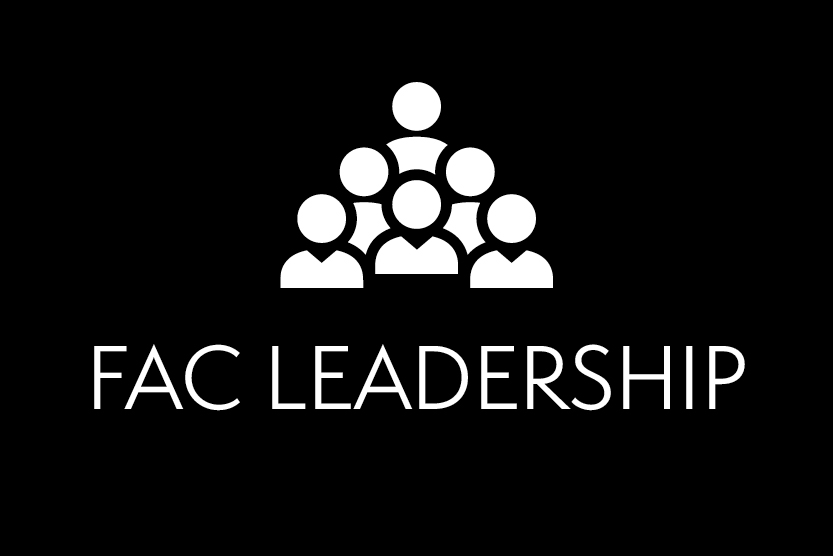As your Fund Advisory Committee works together to develop a confidential list of potential donors, it’s wise to keep in mind that different people give to their favorite causes for different reasons, or a combination of reasons. When compiling your list of potential donors try to determine the reasons behind each donors giving habits. Most important, your potential donor list is strictly confidential, and should not be shared with anyone beyond your FAC members.
Why do People Give?
Experience shows us that there are eight basic reasons that people give.
- Philanthropy
These donors decide on their own to give their money to fulfill their vision of helping the community/mankind. They don’t have to be asked . . . it is their idea. Sometimes they do it anonymously because they don’t want recognition. - Gratitude
Some donors give gifts as a way to thank a community or organization for all the services it provided/provides to help raise a family, provide an education, provide health care, etc. - Honoring Loved Ones
These donors give memorials to honor someone admired or loved, or to leave a legacy of a family name. - Family Substitute
People without heirs make gifts to the community in lieu of giving to distant relatives with whom they have had little contact. One bachelor donor in Basset remarked, “This community is my family.” - Social Standing
Some families give because they do not want to be seen as being left out if other families have given but they haven’t. The Shickley Community Foundation Fund used stickers at a public event to identify those who had already given. That motivated those who hadn’t to make a gift, as well. - Recognition
Donors may feel good seeing their name on a building, on a wall of donors, or in a newspaper article. They like to be thanked and publicly recognized repeatedly. Even the smallest donors appreciate seeing their name in print. - Financial Benefits
Some people are motivated to make a charitable gift if it helps them personally—like creating a Charitable Gift Annuity because it pays more interest than a bank CD. - Tax Benefits
Wise donors give away highly appreciated assets to avoid having to pay a large part of the profit to the government in taxes. Gifts of grain are an example. NCF does not give tax advice . . . so we ask donors to check with their professional advisor before making a charitable gift to save income taxes.
This list might help you as your Fund Advisory Committee think of how people should be contacted about making a gift to your affiliated fund.
What Motivates Donors?
Identifying potential donors goes hand-in-hand with understanding the characteristics of donors. As you begin the process of identifying new donors or current donors who may be able to give more or in different ways, consider what motivates donors to make gifts.
The following chart provides some clear guidance on what motivates donors to make gifts:
| Most Influential | Least Influential |
|
|
As the chart indicates, belief in your mission is the most important reason people make charitable gifts. Some of the least effective ways of motivating donors are fancy marketing materials and tax considerations. Both quality marketing materials and possible tax considerations are important, but primarily as attention getters and conversations starters, not necessarily as the primary reason someone ultimately decides to make a gift.
Things to Remember
When identifying donors and preparing to talk to them about making a gift remember the following:
People give because they want to.
Making a contribution is a way to show support for their community. Your job is to make the case for why your affiliated fund deserves their support.
People give because they are asked.
If you want to receive money you have to ask. It’s as simple as that. It’s rare for affiliated funds to have “mystery donors” that they’ve never met with or heard of. Also, the more often you talk to your donors the more often they are likely to contribute. In addition, repeat donors tend to give more money than first-time donors.
People give to people.
You should make your donor visitation techniques as personal as possible. A visit to the donor’s home or business is best, phone calls are second best, and letters or e-mails are farther down on the list of effective methods. Personally sharing the vision and mission of your affiliated fund is the most important part of raising money in your hometown. Remember to personally thank the donor for their gift!
People give to make a positive change.
Donors give charitable gifts for many reasons, but the underlying reason that most donors give is to make a positive change of some sort. Keep your affiliated fund’s vision and mission in front of your potential donors. Clearly articulated vision and mission statements are key to making effective donor visitations. You should be able to clearly explain why your affiliated fund’s vision and mission are important.
People give money to success, not distress.
Focus on the positive aspects of your community or organization when presenting information to potential donors. Tell them the good things you have achieved or are working to achieve. Do not focus on “doom and gloom” issues.



